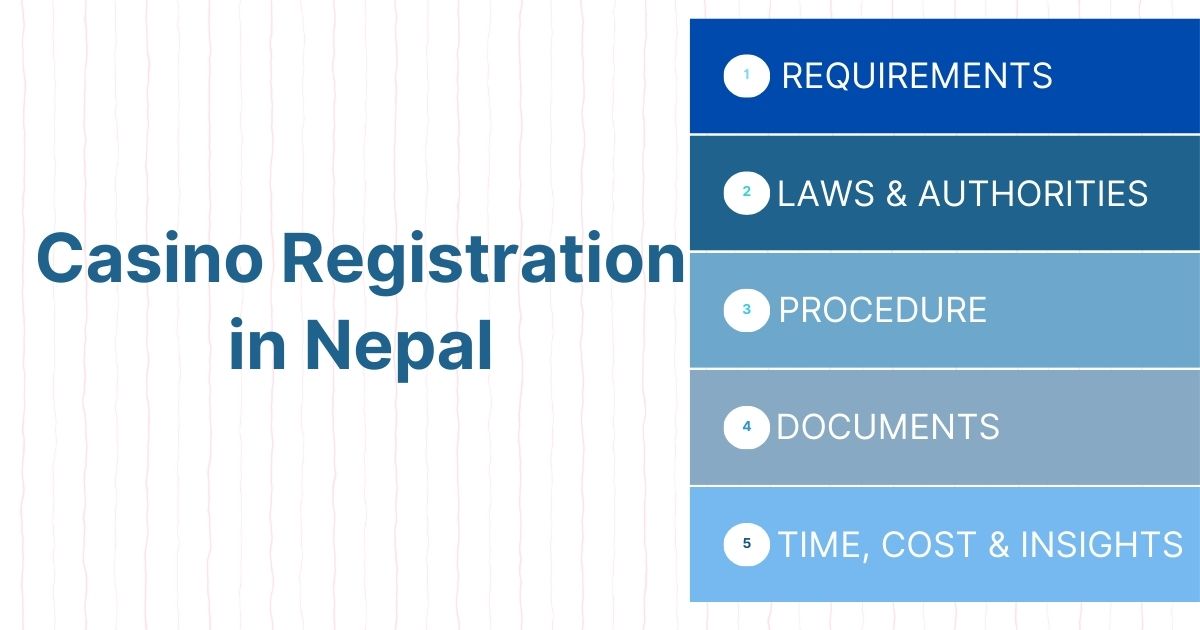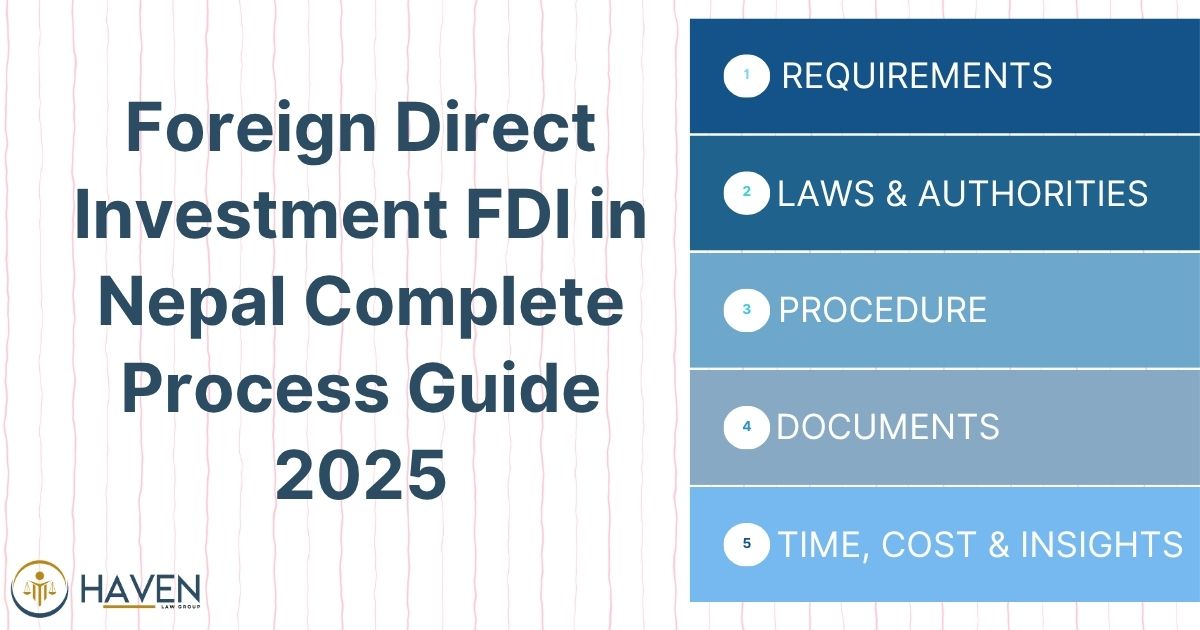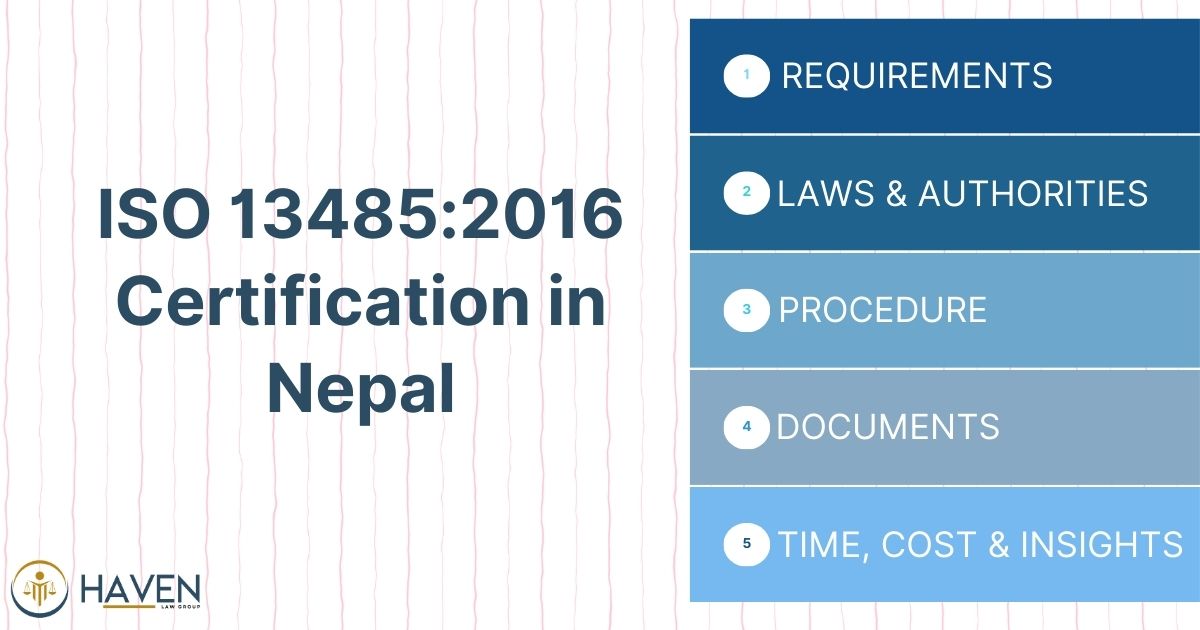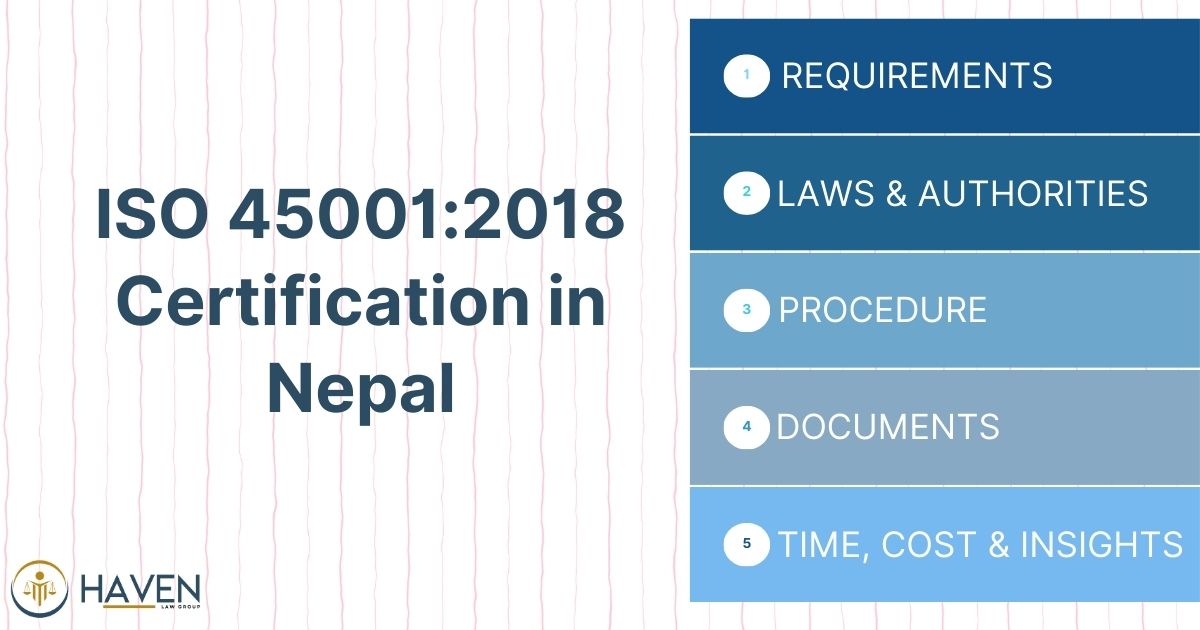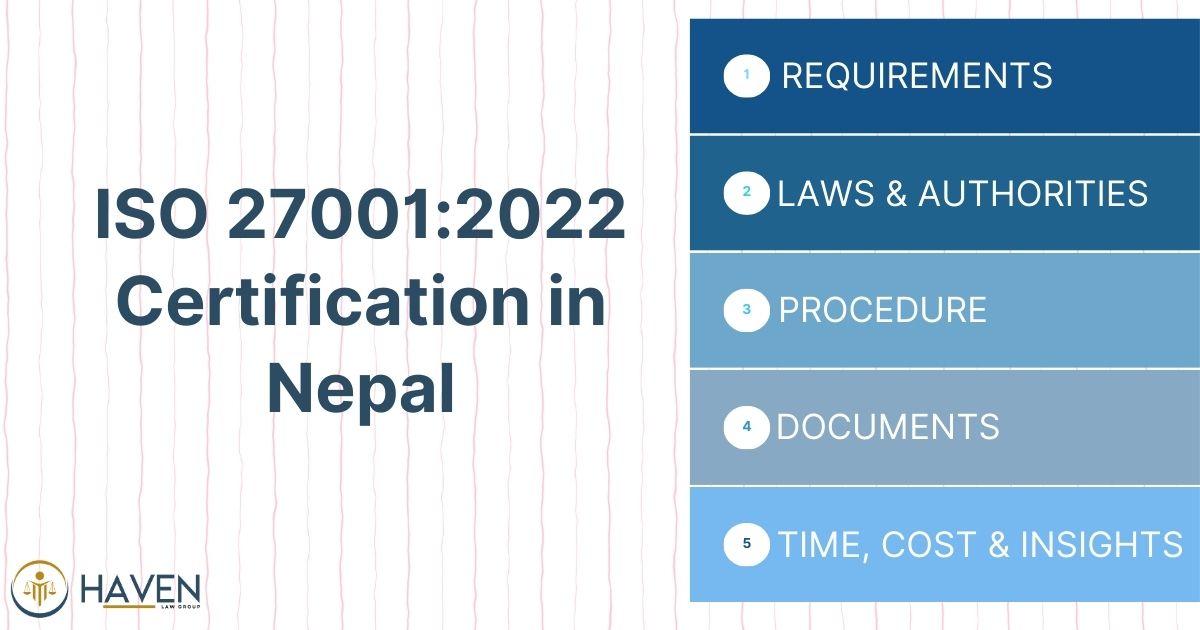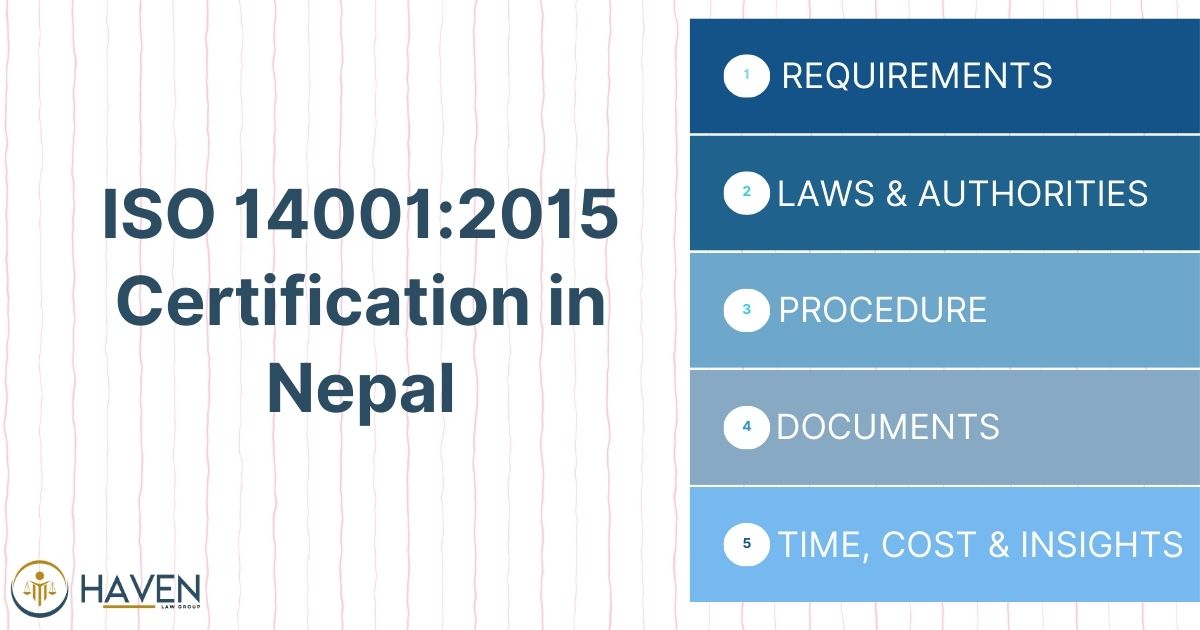Is second marriage legal in Nepal?
Second marriages are legal in Nepal under certain circumstances. The Muluki Ain (Civil Code) 2074 marriage law allows individuals to remarry if they are divorced, widowed, or their previous marriage has been legally annulled. However, it’s crucial to note that bigamy (being married to two people simultaneously) is illegal and punishable under Nepali law.
For a second marriage to be legal, the first marriage must be officially terminated through divorce, death of a spouse, or annulment. The law aims to protect the rights of individuals while maintaining social order and family structures. Nepali citizens must follow proper legal procedures and obtain necessary documentation before entering into a second marriage to ensure its validity and avoid legal complications.
Do divorcees need court approval for remarriage?
Divorcees in Nepal do not typically require specific court approval for remarriage. Once a divorce is finalized and legally recognized, individuals are free to remarry without seeking additional court permission. However, it’s essential to have proper documentation of the divorce, including a court-issued divorce decree.
This document serves as proof that the previous marriage has been legally terminated. While court approval for remarriage isn’t mandatory, divorcees should ensure that their divorce proceedings are complete and all legal requirements have been met. It’s advisable to consult with a legal professional to verify that all necessary steps have been taken and that there are no outstanding legal issues that could affect the validity of a second marriage.
Can widows remarry in Nepal?
Widows in Nepal have the legal right to remarry. The Nepali legal system recognizes the right of widows to pursue new relationships and marriages after the death of their spouse. There are no specific legal restrictions or waiting periods imposed on widows before they can remarry. However, cultural and social norms may sometimes influence decisions regarding remarriage. It’s important for widows to have proper documentation of their deceased spouse’s death, such as a death certificate, to establish their legal status as a widow.
This documentation is crucial when registering a new marriage. Widows should also be aware of any property or inheritance issues that may arise from remarriage and seek legal advice if necessary to protect their rights and those of any children from their previous marriage.
Is bigamy punishable in Nepal?
Bigamy is indeed punishable in Nepal. The Muluki Ain (Civil Code) 2074 explicitly prohibits bigamy, considering it a criminal offense. According to Section 175 of the Code, any person who enters into a second marriage while their first marriage is still legally valid can face severe legal consequences.
The punishment for bigamy in Nepal includes imprisonment for up to five years and a fine of up to fifty thousand rupees. This law applies to both men and women equally. The legal system aims to protect the sanctity of marriage and prevent exploitation or deception in marital relationships. It’s crucial for individuals to ensure that their previous marriage is legally terminated through divorce or death before entering into a new marriage to avoid criminal charges and legal complications.
What documents are needed for a second marriage?
For a second marriage in Nepal, several documents are required to ensure legal compliance and proper registration. These include:
- Valid identification documents (citizenship certificate, passport)
- Proof of termination of previous marriage (divorce decree or death certificate of former spouse)
- Birth certificate
- Recent passport-sized photographs
- Proof of residence
- Marriage application form
- Witness statements (usually from two individuals)
- Medical certificate (if required by local authorities)
- No Objection Certificate from the embassy (for foreign nationals)
- Translated and authenticated documents (if originals are in a foreign language)
It’s advisable to check with the local marriage registrar’s office for any additional requirements specific to the region or individual circumstances. Proper documentation is crucial to ensure the legality and recognition of the second marriage.
Are children from the first marriage protected?
The Nepali legal system provides protection for children from previous marriages when a parent enters into a second marriage. The Children’s Act 2075 (2018) emphasizes the best interests of the child and mandates that parents, regardless of their marital status, are responsible for the care, education, and overall well-being of their children. In cases of remarriage, the law ensures that children’s rights to inheritance, maintenance, and parental care are safeguarded.
Courts may intervene to establish custody arrangements and financial support obligations if necessary. Stepparents do not automatically gain legal rights over stepchildren, and biological parents retain their legal responsibilities. It’s advisable for remarrying parents to address child-related issues in their divorce settlements or through separate legal agreements to ensure clarity and protection for their children’s interests.
Is court marriage required for remarriage?
Court marriage is not specifically required for remarriage in Nepal. Individuals have the option to choose between a traditional marriage ceremony or a court marriage for their second marriage, just as they would for a first marriage. However, regardless of the type of ceremony chosen, all marriages, including remarriages, must be legally registered with the appropriate government authorities to be recognized under Nepali law. While court marriage can provide a straightforward and legally documented process, it’s not mandatory.
What’s crucial is that the marriage, whether performed traditionally or in court, is properly registered and that all legal requirements are met, including providing necessary documentation proving the termination of any previous marriages.
Are NRNs allowed second marriages in Nepal?
Non-Resident Nepalis (NRNs) are allowed to enter into second marriages in Nepal, provided they comply with Nepali laws and regulations. NRNs must follow the same legal procedures as resident Nepalis, including providing proof that any previous marriage has been legally terminated. They may need to provide additional documentation, such as:
- Valid Nepali citizenship or NRN card
- Proof of divorce or death of previous spouse, authenticated by Nepali embassy in their country of residence
- No Objection Certificate from the Nepali embassy
- Translated and authenticated documents if originals are in a foreign language
NRNs should be aware that their second marriage in Nepal must also comply with the laws of their country of residence to ensure international recognition. It’s advisable for NRNs to consult with legal experts both in Nepal and their country of residence to navigate any potential legal complexities.
Can second marriages be registered online?
As of now, Nepal does not have a fully online system for marriage registration, including second marriages. The marriage registration process typically requires in-person appearances at the local ward office or municipality. However, some initial steps of the process may be facilitated online, such as:
- Downloading application forms
- Scheduling appointments
- Submitting preliminary information
While full online registration is not available, the government has been working towards digitizing various administrative processes. It’s advisable to check with the local ward office or municipality for the most up-to-date information on any online services available for marriage registration. Even if some steps can be initiated online, physical presence and submission of original documents are usually required to complete the registration process for second marriages.
Do second marriages require legal witnesses?
Second marriages in Nepal, like first marriages, typically require legal witnesses. The Marriage Registration Act mandates the presence of witnesses during the marriage registration process. Usually, two witnesses are required, who must be:
- Adults (18 years or older)
- Of sound mind
- Not directly related to the couple
- Able to provide valid identification
The witnesses play a crucial role in verifying the identity of the couple and attesting to the voluntary nature of the marriage. They may be required to sign the marriage registration documents and provide their personal details. In some cases, additional witnesses might be required if there are specific circumstances surrounding the second marriage. It’s important to choose reliable witnesses who can be present during the registration process and are willing to fulfill this legal responsibility.
Can a second marriage be annulled?
A second marriage in Nepal can be annulled under certain circumstances, similar to the annulment of a first marriage. The grounds for annulment may include:
- Bigamy (if the previous marriage was not legally terminated)
- Fraud or misrepresentation
- Lack of consent
- Mental incapacity at the time of marriage
- Marriage between close relatives (prohibited degrees of relationship)
- Underage marriage
The process for annulment involves filing a petition in the district court. The petitioner must provide evidence supporting the grounds for annulment. If granted, an annulment legally declares the marriage null and void, as if it never existed. It’s important to note that annulment is different from divorce, and the legal implications can vary. Individuals seeking annulment of a second marriage should consult with a legal professional to understand the process, requirements, and potential consequences.
Are fees applicable for second marriage registration?
Fees are applicable for second marriage registration in Nepal, as they are for first marriages. The exact fee structure may vary depending on the local municipality or ward office where the registration takes place. Typical fees may include:
- Registration fee
- Documentation processing fee
- Certificate issuance fee
Additional costs may be incurred for:
- Document translation (if required)
- Authentication of foreign documents
- Notarization services
It’s important to note that fee structures can change, and there may be variations between different regions or municipalities. Some local bodies may offer discounted rates for certain categories of individuals, such as low-income groups. To get accurate and up-to-date information on applicable fees, it’s advisable to contact the local ward office or municipality directly. Always request official receipts for any fees paid during the registration process.
FAQs
1. Is bigamy punished?
Yes, bigamy is punished in Nepal. It’s considered a criminal offense under the Muluki Ain (Civil Code) 2074. Offenders can face imprisonment for up to five years and a fine of up to fifty thousand rupees.
2. Are children protected?
Yes, children from previous marriages are protected under Nepali law. The Children’s Act 2075 (2018) ensures that children’s rights to inheritance, maintenance, and parental care are safeguarded, regardless of their parents’ marital status.
3. Is court approval mandatory?
Court approval is not mandatory for remarriage in Nepal if the previous marriage was legally terminated through divorce or death. However, proper documentation proving the termination of the previous marriage is required.
4. Can NRNs remarry?
Yes, Non-Resident Nepalis (NRNs) can remarry in Nepal, provided they comply with Nepali laws and regulations. They must provide necessary documentation, including proof of termination of any previous marriage.
5. Are fees applicable?
Yes, fees are applicable for second marriage registration in Nepal. These may include registration fees, documentation processing fees, and certificate issuance fees. The exact amounts can vary depending on the local municipality or ward office.
Is second marriage legal in Nepal?
No, second marriage is not legal in Nepal while still married to another person. It is considered bigamy and prohibited by law.
What are the legal consequences of entering into a second marriage while still married?
Entering a second marriage while still married can result in criminal charges, imprisonment, and fines. The second marriage would be considered void.
Can someone remarry after divorce in Nepal?
Yes, individuals can remarry after legally finalizing their divorce in Nepal, following the required waiting period.
What is the legal process for divorce in Nepal?
Divorce in Nepal involves filing a petition, attending mediation, and obtaining a court decree. Grounds for divorce include adultery, cruelty, and separation.
Are there any exceptions to the prohibition of second marriages?
There are limited exceptions, such as when the first spouse is presumed dead or declared mentally incompetent by a court.


